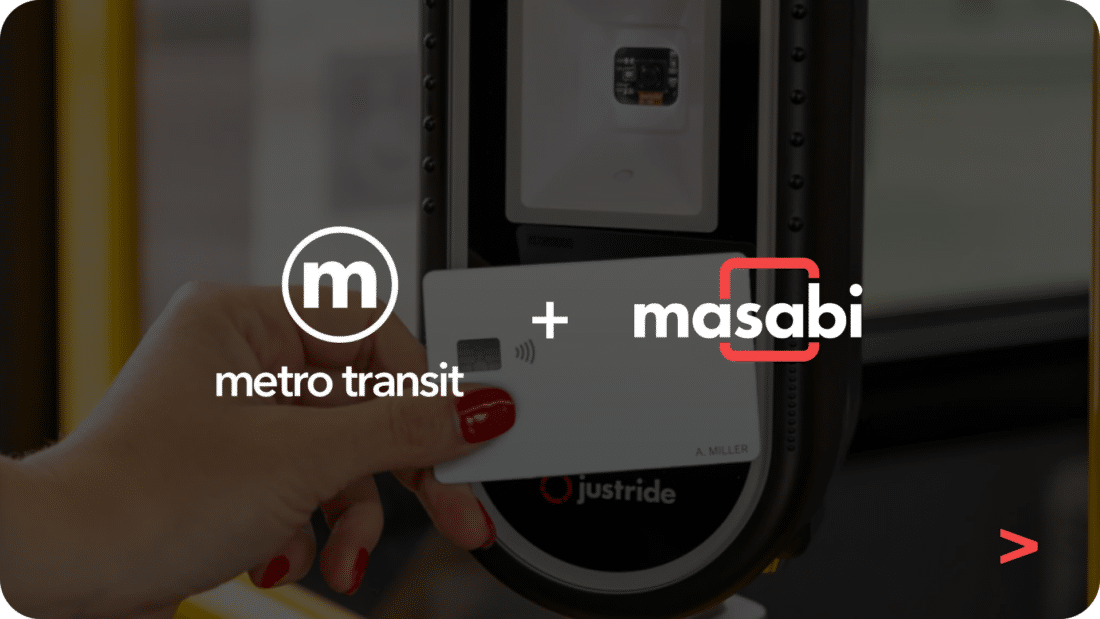
ARTM Partners With Masabi to Deploy a New Fare Collection Solution
Landmark agreement brings Software-as-a-Service fare collection to one of North America’s largest transit networks
Montreal, July 16, 2025 – The Autorité régionale de transport métropolitain (ARTM) has awarded a contract to UK-based company Masabi for the development and implementation of a new fare collection solution as part of the Concerto project, a major transformation initiative aimed at modernizing the public transit customer experience in the Montreal metropolitan region.
Masabi is a pioneer in fare payment solutions for public transit. It offers a Software-as-a-Service cloud-native platform, called Justride, which enables transit agencies to quickly deploy modern, flexible, and scalable fare collection systems. This platform supports a variety of payment methods, including contactless bank cards, smartphones, smart cards, and mobile tickets. Already adopted by over 200 agencies worldwide – across Canada, the USA, UK, Europe, and Australia, Masabi’s solution simplifies the user experience, reduces operational costs, and facilitates integration with other mobility services. To support the delivery of a modern, integrated fare system for Greater Montreal, Masabi is working with global engineering consultancy WSP.
Concerto represents a complete and gradual overhaul of the entire fare collection system in the metropolitan region. Several deliverables are already available or in deployment. Notably, since 2024, OPUS users have been able to reload their OPUS card via the Chrono app, with nearly one in two purchases now made using this feature. Additionally, the ARTM is currently conducting initial testing phases for the launch of virtual fares on smartphones. As part of the next phase, credit and debit card payments are being introduced in stages, allowing customers to pay directly with their bank cards and mobile devices. These advancements demonstrate the project’s ability to deliver tangible results that meet the needs of citizens.
The project involves updating more than 12,000 pieces of equipment across five territories and engages several key partners: the Société de transport de Montréal (STM), the Réseau de transport de Longueuil (RTL), the Société de transport de Laval (STL), exo, and the City of Montreal. Inter-organizational coordination is central to the project’s success. Furthermore, a deployment strategy without service interruption has been adopted to anticipate risks and ensure team alignment.
To date, the project remains within the approved budget envelope of $146 million, including contingency funds. It is worth noting that the cost of the Concerto project compares very favorably to similar initiatives worldwide. This is largely due to the reuse of existing equipment, which limits infrastructure costs; a rigorous negotiation approach, which reduced the cost by CAD $95 million between the first and second calls for tenders; and the choice of a more flexible, scalable, and cost-effective cloud-based solution. Thanks to this approach, the new transit fare solution will continue to evolve, adding new features and functionality, remaining modern and high performing, without requiring a complete system replacement. Also of note, the new fare collection solution will replace the OPUS system which, although reaching the end of its updating capacity, has been meeting user needs for 20 years.
“Concerto is much more than just a tech project — it’s a deep transformation of the customer experience in public transit. It’s a top priority for the ARTM, and we’re moving forward methodically, step by step, delivering tangible results — like mobile OPUS card reload feature, already available. Let’s be clear: the project is well managed, with strong governance, regular oversight, and thorough testing before each rollout,” said Benoit Gendron, GM of the ARTM. “We deeply believe in Concerto because it reflects our commitment to making public transit even more efficient and attractive.”
“Today’s announcement marks a milestone in the adoption of modern software approaches to deliver fare payment systems to the industry. By opting for Software as a Service over the cumbersome and inflexible, legacy build and maintain approach, ARTM will deliver continuous and regular innovation, at a much lower cost,” said Brian Zanghi, CEO of Masabi. “We are delighted to welcome ARTM to our customer family, which includes major cities around the world, and look forward to delivering a fare collection system that will deliver cutting-edge fare payment to delight riders at a price that makes sense.”







